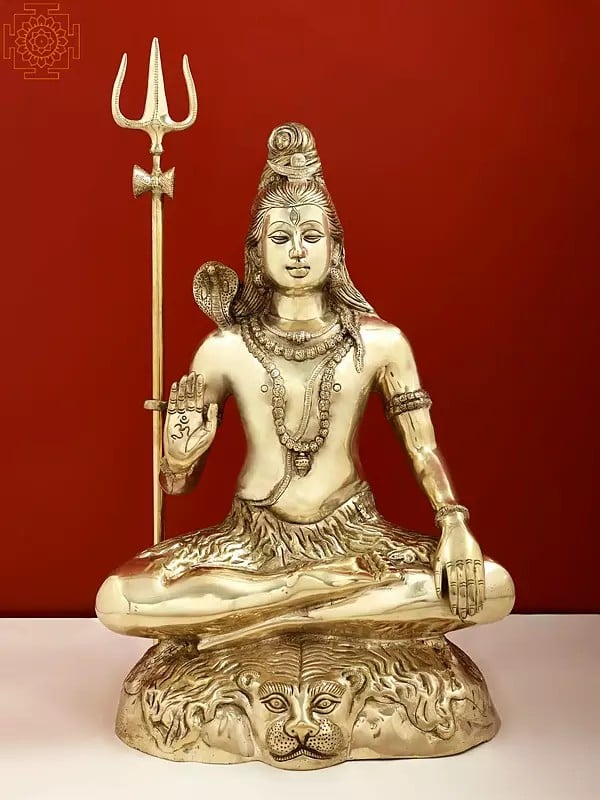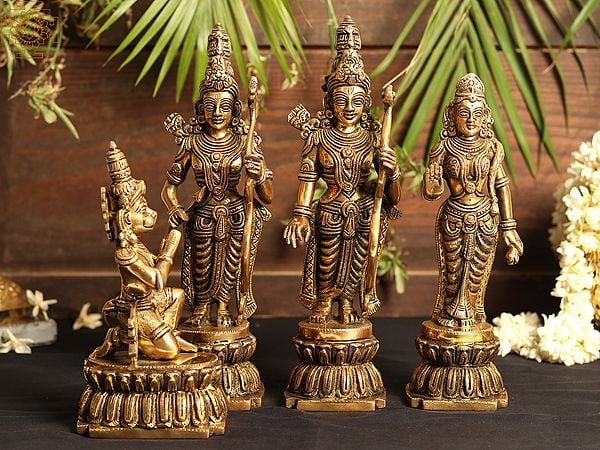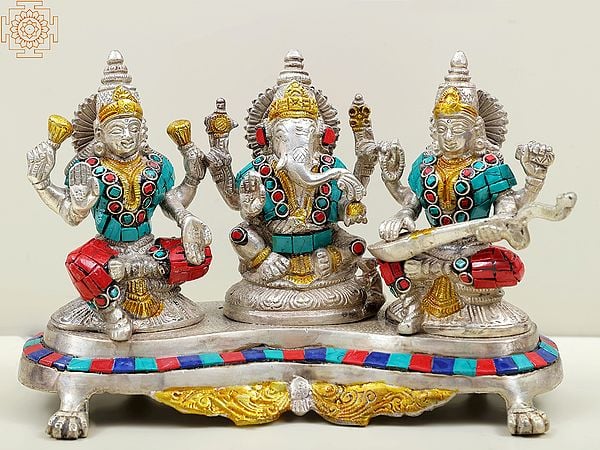The Importance of Idols in Hindu Worship: A Symbolic Connection to the Divine
Idols hold a significant place in Hindu worship and are considered an integral part of religious practices. These sacred images represent various deities and play a crucial role in establishing a deep spiritual connection with the divine. In this article, we explore the profound meaning and significance of idols in Hinduism.
The Significance of Idols in Hinduism
Idols, also known as murtis or vigrahas, are physical representations of Hindu deities. They are crafted with utmost precision and are believed to embody the essence and presence of the divine. Hinduism teaches that the divine is formless and omnipresent, but idols serve as a means to visualize and establish a personal connection with the divine.
Establishing a Tangible Connection
One of the primary purposes of idols is to provide a tangible focal point for worship. When devotees offer their prayers and perform rituals in front of an idol, they direct their attention toward the divine energy encapsulated within the image. The idol acts as a physical manifestation of the deity, allowing devotees to establish a direct and personal connection with the divine presence.
Symbolic Representations
Idols are meticulously crafted, with each element holding symbolic significance. The various attributes, gestures, and ornaments depicted in the idols represent deeper philosophical and spiritual concepts. For example, multiple arms signify the deity's ability to multitask and accomplish numerous tasks simultaneously, while certain hand gestures, known as mudras, convey specific meanings such as protection, knowledge, or blessings.
Enhancing Concentration and Devotion
Idols play a vital role in enhancing concentration and devotion during worship. By focusing their gaze on the idol, devotees can concentrate their thoughts and redirect their energies toward the divine. The presence of the idol serves as a reminder of the deity's divine qualities, inspiring feelings of reverence, love, and devotion in the hearts of worshippers.
Rituals and Worship with Idols
Idol worship forms an integral part of Hindu rituals and ceremonies. Temples, homes, and community centers often house beautifully adorned idols, attracting devotees from far and wide. These places of worship offer a serene and sacred environment where devotees can engage in various acts of devotion, such as offering flowers, lighting incense, and chanting prayers.
Arti: Worship through Light
One of the most common forms of worship involves the ritual of arti, where a lamp is lit and waved in front of the idol. The lamp symbolizes the eradication of darkness and the presence of divine light. As the lamp moves in a circular motion, it is believed to ward off negative energies and bring blessings and positivity into the lives of the worshippers.
Prasada: Sacred Offerings
During worship, devotees often offer prasad to the deity. Prasada refers to the consecrated food or sweets that are first offered to the deity and then distributed among the worshippers as a divine blessing. This act of sharing symbolizes unity, generosity, and the idea of nurturing a spiritual community.
Appreciating the Symbolism
It is important to note that the significance of idols extends beyond their physical form. The divine qualities and teachings associated with each deity are what truly matter. Idols act as visual reminders of these qualities and serve as a tool for devotees to deepen their understanding and experience of the divine.
Conclusion
Idols hold a special place in Hindu worship as powerful symbols of the divine. They enable devotees to establish a personal connection with the deities, enhancing concentration and devotion. Through rituals and acts of worship, Hindus express their reverence and seek spiritual growth. While the physical idols are venerated, it is the profound meaning behind them that truly connects individuals to the divine presence.







Comments
Post a Comment